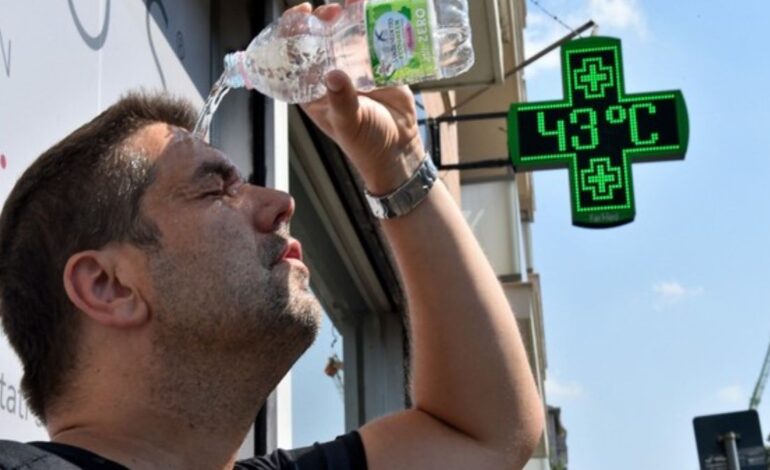
US Heat-Related Deaths Expected to Surge by Mid-Century
A new study projects a significant rise in deaths linked to extreme temperatures across the United States by the mid-21st century, with certain populations facing a disproportionate impact.
Published on Friday in the Journal of the American Medical Association, the study reveals that approximately 8,250 deaths each year are currently attributed to extreme heat and cold.
Researchers estimate that deaths from extreme temperatures in the contiguous United States could more than double or even triple between 2036 and 2065, depending on future greenhouse gas emissions. Under a lower emissions scenario, annual deaths could exceed 19,300 by mid-century, while a higher emissions scenario could see numbers approaching 26,600.
“Despite a decrease in deaths related to extreme cold, overall extreme temperature-related fatalities are projected to more than double or triple based on the emissions scenarios analyzed,” the study’s authors noted.
Certain demographics are projected to face greater risks. For instance, Hispanic adults could experience a 537.5% increase in heat-related deaths, while African American adults might see a 278.2% rise compared to non-Hispanic white adults. Older individuals and those residing in urban areas are also expected to encounter higher mortality rates related to temperature extremes, largely due to the urban heat island effect.
The researchers pointed out contributing factors such as limited access to air conditioning, increased urban heat effects, reduced green spaces, and heightened exposure to traffic-related air pollution in neighborhoods predominantly inhabited by racial and ethnic minorities.
The authors concluded, “Alongside efforts to reduce greenhouse gas emissions, there is a pressing need to address the adverse effects of extreme temperatures on public health.”